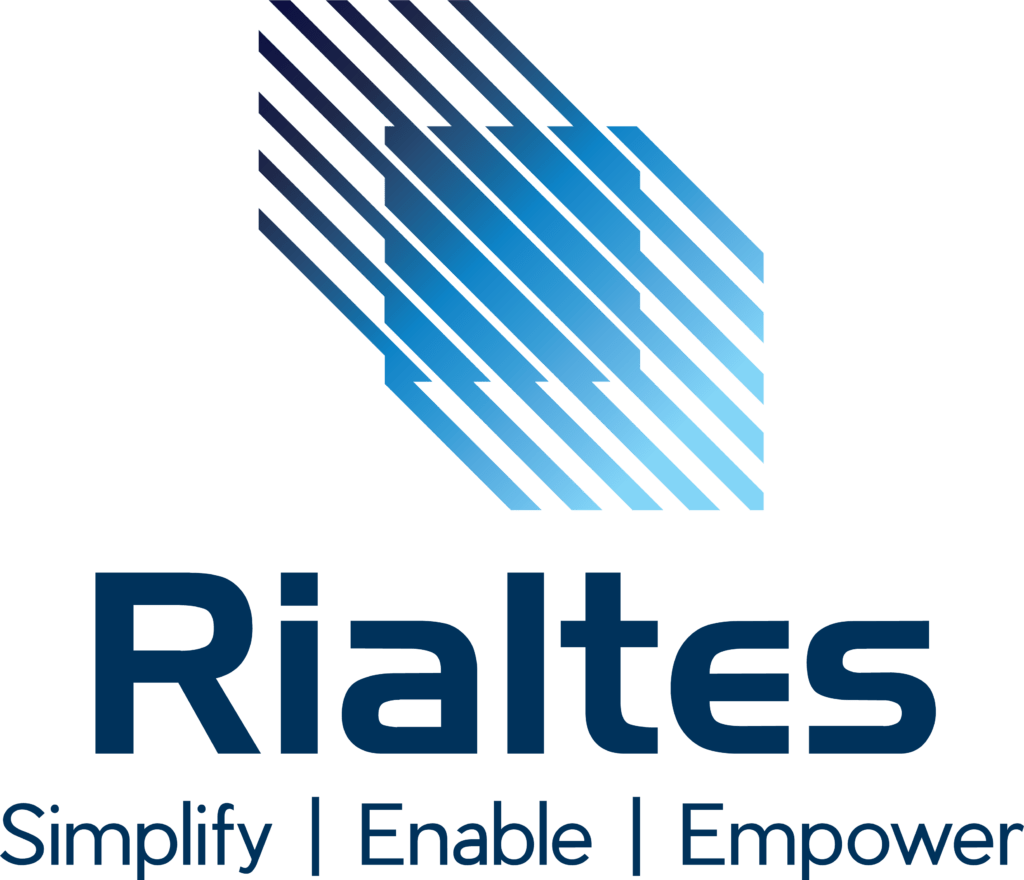Trust is one element, which is powerful yet delicate. Although it seems very simple, the strength of trust is more than anything else. It plays a major role not only in day-to-day life but also in organizations.
It has been observed many times when customers lose their trust in any organization, it cannot sustain itself in the market for a longer period. It also works as a driving force for any organization’s success and growth. It is the bond that holds the organization and its customers together. There has always been a direct connection between customer trust in the organization and its growth.
With all this into consideration, the term ‘trust economy’ has been gaining a lot of traction and has been used extensively. The digital economy is highly dependent on the trust economy as there is no physical interaction between customers and the organization, all the operations are taking place online. The trust economy transfers the digital interaction into trust, and it allows the customers to regain access to their data. This makes the customers feel in control and hence, the transaction proceeds further.
The trust economy is driving the global digital economy by integrating transparency, sustainability, provenance, and other humanizing traits for a better transaction experience.
What do the stats say?
- As per research from salesforce implementation service, about 85% of B2B buyers and 79% of customers have said that apart from their interaction with the organization, their trust also matters if they are to buy any product or service from them.
- It has also been said by 74% of customers that it is essential for the brands to communicate, and it has become more important in the post-pandemic scenario, as honesty and transparency are much needed at this point.
- About 66% of customers have stated that they have stopped taking services from organizations with whom their values didn’t align, as values hold a higher value for any customer while they are using services from any organization. Further, the customers have also made it clear that they would prefer if the organizations could clearly state their values, making it convenient for the customers to make their decisions.
Trust cycle
Trust is not a single factor; it has several other factors affecting customer trust in any organization or brand.
To maintain customer trust, an organization can start by providing good customer service and experience, by collecting customer data and using that data to build better policies and provide better services, which will enhance customer trust in any organization, and with high trust organization’s work better to provide better services.
This cycle keeps going on, to provide customers with better support, services, and experience. Such activities increase the number of trust economies in the industry, benefiting the industries.
Gaining customer trust
In its recent report, Salesforce implementation services concluded the results of the survey conducted, following are the points that were advised for the organizations to follow to gain customer trust.
- Transparent communication
It is often said that communication is the key. It applies to organizations as well. They must keep clear and transparent communication with the customers for better interaction. It promotes developing strong, and transparent policies for the customers, and making them a part of the policy development process.
About 98% of customers have said that they can trust an organization better if they are communicating properly and letting the customers know all the good and bad aspects.
- Responsibility for customer data
While trusting an organization, customers are sharing their details with the organization, and it is the organization’s responsibility to use that data carefully, any misuse of the data will result in losing customer trust.
87% of customers have said that they can share their details with the organizations if they can justify their use and take responsibility for its proper use.
- Making customer priority
It has been seen that when the organization is building itself, they give huge priority to customers, but as soon as they reach some prominent level, or starts gaining growth, they drop customer priority. This breaks the trust of customers in the organization and makes them switch to some other option. Whereas if some organization keeps giving their customers priority even when they are succeeding, it makes customers feel valued and increases their trust in the organization.
In another stat, 96% of customers have admitted that they could trust the organization more if they would value their customers and not see them just as a number.
- Solving customer issues
Proactive participation with the customers involves the renewal of their subscription, or calling them to update them about some upcoming offers, these activities make the customers feel involved and proactive participation makes them feel a bond with the organization and enhances trust.
About 94% of customers have admitted that enhanced customer services help build trust and allow them to trust the organization.
Following the narrative
It is evident from the discussion and stats mentioned that trust is an important factor in the industry at this point. It acts as a driving force for the success of several organizations. Trust economy has been driving the global economy in the last few years and has a major contribution to any organization’s success.
From being a choice, trust is now becoming necessary, it has become an invaluable aspect of any organization. For any organization wishing to gain success, they need to have the support of the trust economy as they are the key driving factor for it. Be it clear communication, better policies, responsible nature, or the participation of organizations in the customer’s life, it builds trust which helps them in developing better products and services in the market.
Trust economy also works as a way of marketing for the organization, spreading the goodwill of the organization, and with that, the trust economy influences the rest of the customers to place their trust in a particular organization. And as the majority is in the favor of it, the rest of the customers follow, allowing the organization to gain success and excel in the market.





